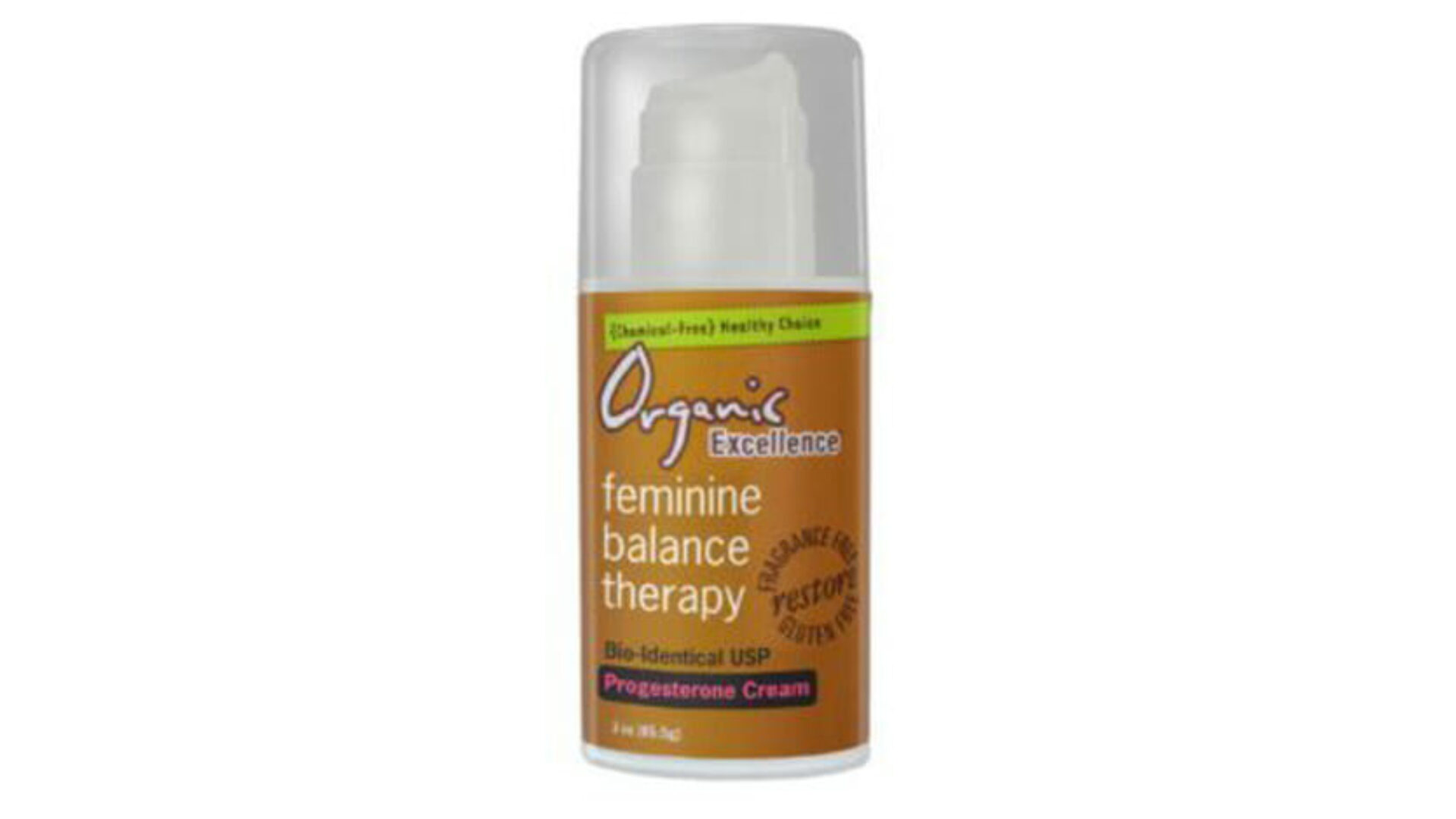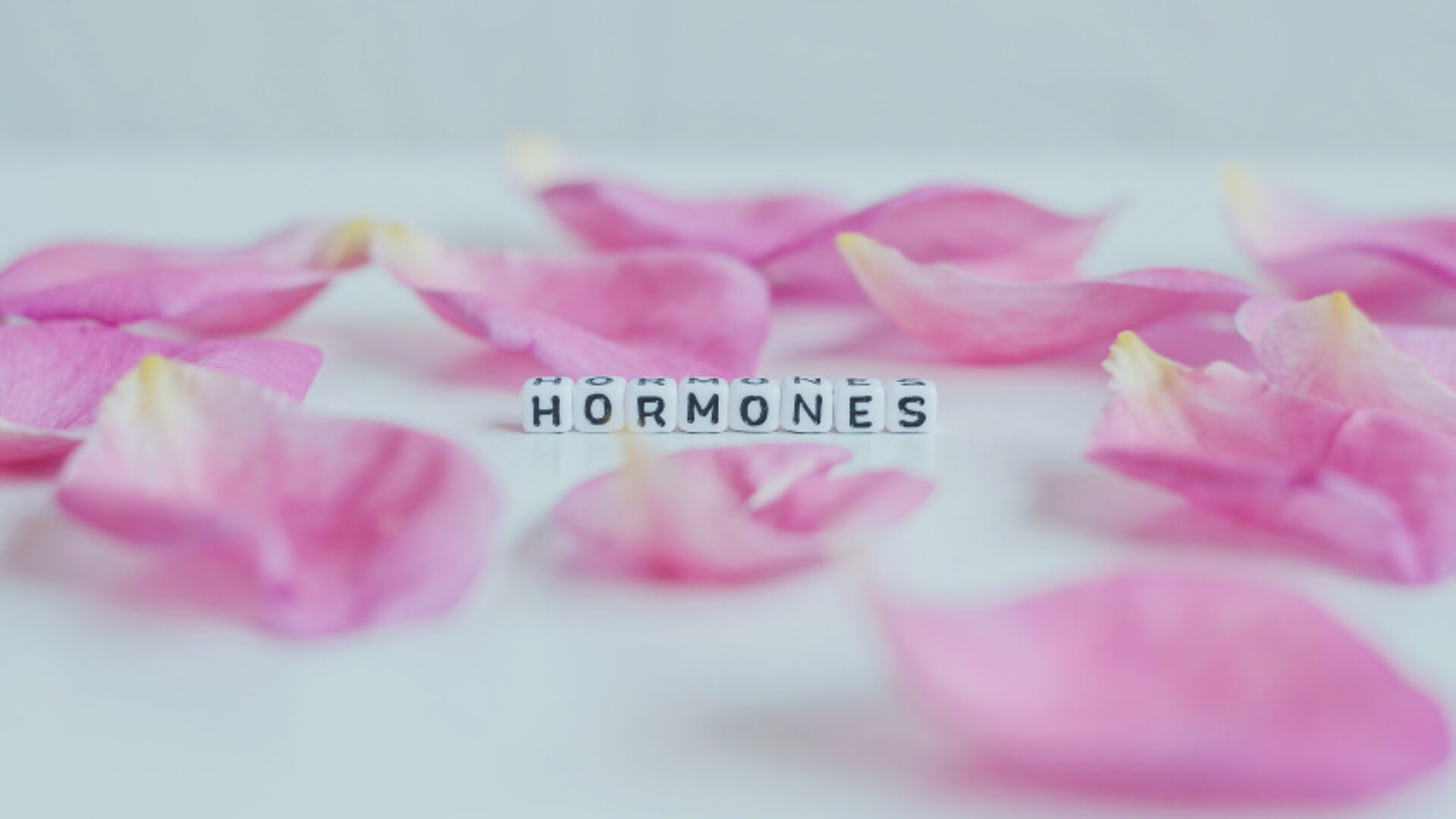ORGANIC EXCELLENCE® FEMININE BALANCE THERAPY
[av_heading heading='Shop ORGANIC EXCELLENCE® FEMININE BALANCE THERAPY' tag='h2' link='' link_target='' style='blockquote modern-quote' size='' subheading_active='' subheading_size='' margin='' padding='10' color='meta-heading' custom_font='' custom_class='' id='' admin_preview_bg='' av-desktop-hide='' av-medium-hide='' av-small-hide='' av-mini-hide='' av-medium-font-size-title='' av-small-font-size-title='' av-mini-font-size-title='' av-medium-font-size='' av-small-font-size='' av-mini-font-size=''][/av_heading] [av_textblock size='' av-medium-font-size='' av-small-font-size='' av-mini-font-size='' font_color='' color='' id='' custom_class='' av_uid='av-kbgvmcpn' admin_preview_bg=''] Feminine Balance Therapy can safely and effectively help restore healthy progesterone levels to support natural hormonal balance and ease the symptoms associated with PMS, perimenopause and menopause. It is especially helpful for women with an excess of estrogen or “estrogen dominance”. Chemical free with select certified organic herbs, it is formulated to bring excellent results to adult women of all ages. [/av_textblock] [av_button label='Order Organic…


